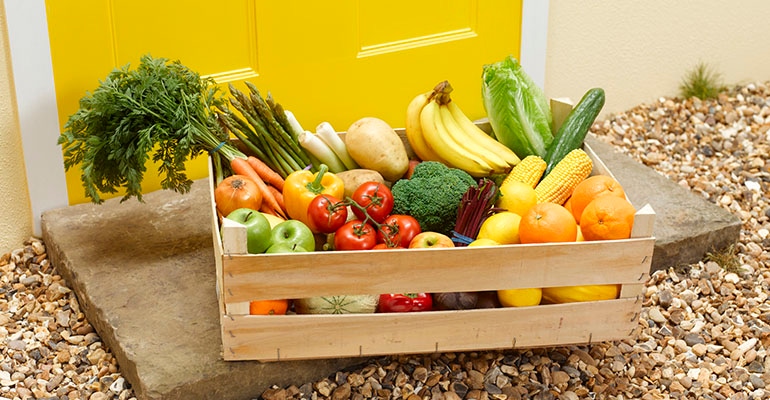5@5: US farmers expand food deliveries | Amazon struggles to pay quarantined employees
Each day at 5 p.m. we collect the five top food and supplement headlines of the day, making it easy for you to catch up on today's most important natural products industry news.
March 26, 2020

Who needs Instacart? US farmers expand food deliveries during coronavirus outbreak
Farmers facing a drop in business after nationwide restaurant closures are now focusing on direct-to-consumer sales. The COVID-19 pandemic is on track to cost local and regional food systems $688.7 million from March to May. Read more at Reuters…
Amazon is struggling to pay workers in quarantine
Amazon isn't paying its quarantined employees until they return to their regular work schedules, but several employees have described this retroactive payment process as "byzantine" and occasionally nonexistent. Grocery store and food delivery workers have been labeled as both vulnerable and indispensable during this time of lockdown, but they largely aren't feeling the love back with regard to company policies. Read more at The Atlantic...
Eating too much salt has a troubling effect on the immune system
New research shows that high salt diets can affect the body's ability to clear bacterial infections. Scientists believe that this stems from salt's ability to screw up which hormones are produced in the adrenal gland, throwing it out of sync with the sleeping and waking cycle. Read more at Inverse…
England could face droughts in 20 years due to climate breakdown
The National Audit Office reports that England will likely experience droughts within the next two decades unless action is taken to mitigate the climate crisis. To do this, the amount of water removed from the country's waterways and soils will need to be cut back by around 132 million gallons a day. Read more at The Guardian…
Walmart, Albertsons, Kroger and Whole Foods are adding 'sneeze guards' to checkout lanes
Sneeze guards are part of several important changes big-box retailers are making to help keep customers from spreading the novel coronavirus. The plexiglass sneeze guards will be installed in the checkout lines to better protect those employees who are interact with a high volume of shoppers each day. Read more at KTLA5…
You May Also Like


